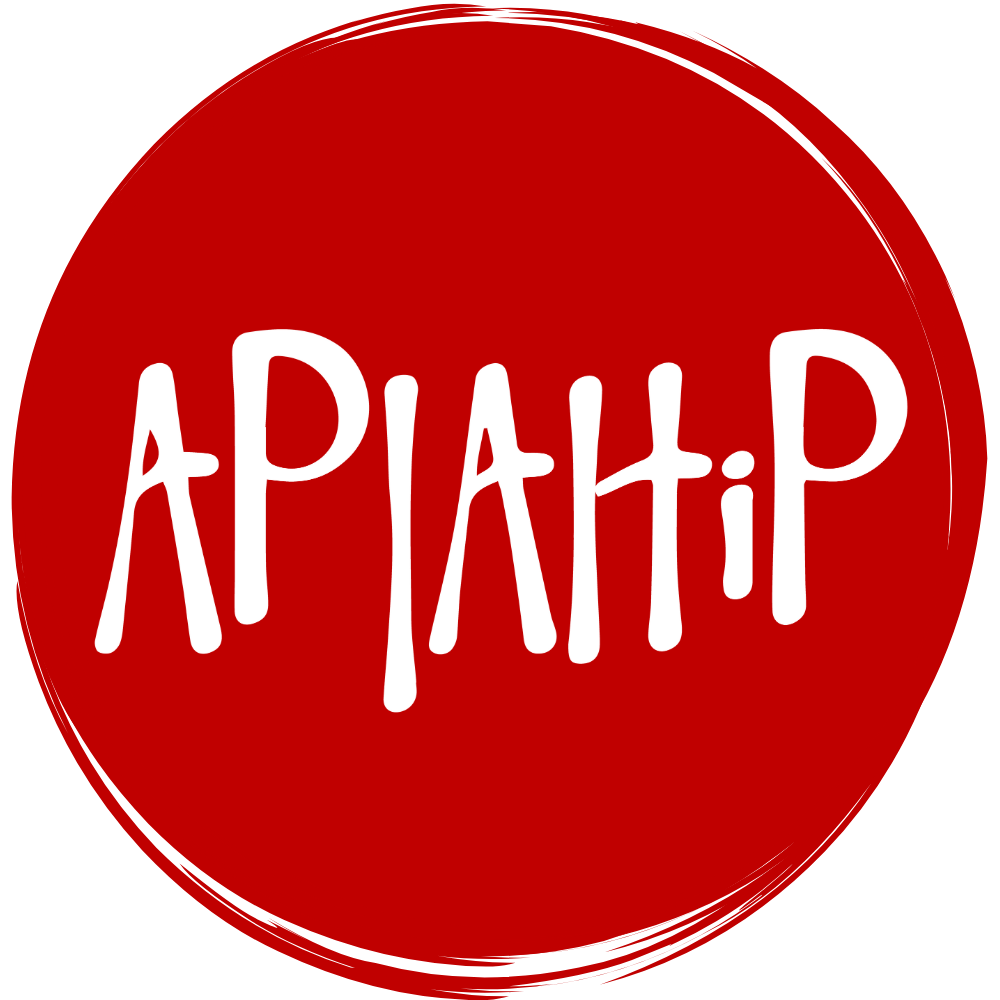Day 132: “Are There Really Only Two Asian Lesbians in Chicago?”: Queer Asian Visibility and Community Formation Collection, Chicago, Illinois
📌APIA Every Day (132) - “‘Are There Really Only Two Asian Lesbians in Chicago?’: Queer Asian Visibility and Community Formation in Chicago”, is an online exhibit curated by Laura Sachiko Fugikawa, Assistant Professor of American Studies and Women’s, Gender, and Sexuality Studies at Colby College. The collection focuses on the creation of queer Asian organizations in Chicago during the 1980s and 1990s. A series of articles in Chicago’s LGBTQ newspaper, Outlines: The Voice of the Gay and Lesbian Community, and self-published organizational newsletters were important tools to increase queer Asian visibility, address the issues queer Asians felt were most critical, and serve as outreach for newly formed organizations. Items in this collection provide insight into why queer Asian groups formed during this time period and how individuals came together to create multi-ethnic, queer Asian organizations.
During the 1980s and 1990s, queer Asians in Chicago were part of broader LGBTQ movements, participating in marches for rights and equality while facing the challenges of the HIV/AIDS epidemic and advocating against discriminatory policies. Despite being often overlooked in mainstream LGBTQ history, queer Asians played significant roles in organizing and activism, contributing to movements such as Asian American, socialist, and queer political actions. The emergence of diverse, pan-Asian ethnic LGBTQ groups marked a significant milestone in the national gay and lesbian Asian movement, fostering the formation of various groups across major cities like San Francisco, Boston, Philadelphia, New York, and Chicago.
The formation of queer Asian organizations in Chicago during this period was not only a response to social exclusion but also a political act aimed at resisting marginalization and building new networks of power. These groups provided crucial support networks for queer Asians, offering spaces for socializing, advocacy, and community building. Through their activism, social gatherings, and political actions, queer Asians in Chicago navigated the intersections of race, gender, immigration, and sexuality, contributing to the broader tapestry of LGBTQ histories while challenging societal norms and fostering greater visibility and recognition for their communities.
LEARN MORE:
#apiaeveryday #queer #asianamerican #queerasianhistory #chicago #illinois #laurafugikawa #lgbtq #lgbtqnewspapers #hivaidsepidemic #panasianethniclgbtqgroups #aanhpihistory





